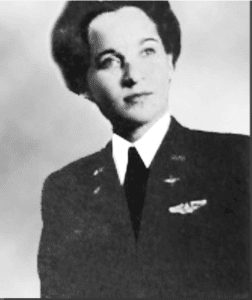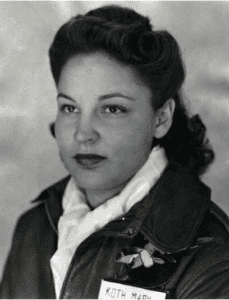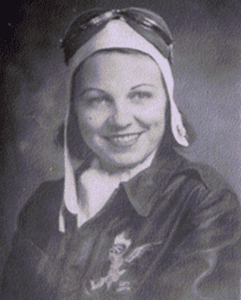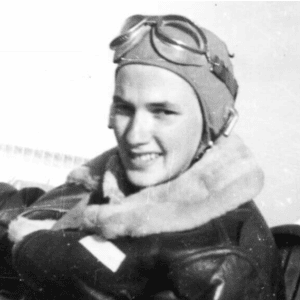MSgt Judge Albert Jr.
July 22, 1927 – March 20, 2015
When Judge Albert Jr. joined the United States Army Air Corps in 1945, it was a wake-up call to how widespread segregation was.
“We had German POWs running around the base,” he said. “Those guys could go to the BX (base exchange) and ride in the bus and go to any restaurant. This was when I first noticed the difference, and it escalated from there until it changed when President Harry Truman desegregated (the armed forces) in 1948.”
Albert became a part of the Tuskegee Airmen when he was assigned to the 332nd Fighter Group under Benjamin O. Davis in 1946. At the time, he was in maintenance and supply roles.
“I knew several of the pilots, and they were fun to work with,” he said. “They’re funny, and they take chances and do the things pilots do.”
He recalls going to the mess hall one day and seeing the mess officer wearing pilot’s wings.
“I said, ‘Sir, are you a pilot?’ and he said yes and I said, ‘What are you doing being a mess officer?’”
It turned out that the pilot had been proud of making a perfect three-point landing, but then he taxied into the general’s airplane, and he was grounded.
“Some of the things I saw these guys do – they’d come back from a mission on the range and they’d fly under bridges, and the colonel had to call them in and chew them out,” Albert said.
Albert, who had been drafted in 1945, and is now 85 years old, said he’d never planned on making a career in the armed forces, but he spent 30 years in the service, retiring as a master sergeant.
During the latter half of the 1940s, Albert served in a military police unit in Japan.
“We were the first unit to desegregate over there,” he said. “Our commander said, ‘You guys work together and protect each other.’ We were forcing it to happen, and we all stayed in the same barracks.”
He said he was fortunate to be in a unit such as the military police, because he had a camaraderie and cohesiveness that other units didn’t enjoy. Even when the military was segregated, he was used to working alongside white servicemen.
“I didn’t feel any animosity toward the people I worked with,” he said. “In the other units, and in other places, yes. After the president in 1948 desegregated the military, things started changing. It was slow because some of the people – it was too hard for some people.
Deployment to postwar Japan wasn’t Albert’s only overseas stint, as he also served in Vietnam.
Albert said that the Tuskegee Airmen faced a set of problems that is markedly different from the problems faced by today’s youth, but that the same qualities found in the Tuskegee Airmen are still effective today.
“Young people today have other things to be concerned about,” he said. “Mainly peer pressure, temptation, gangs, drugs – and these are their problems that they’ll have as opposed to the problems we had,” he said. “The main thing is to have tenacity and stick-to-it-ness.”
He said that it’s still important to share the history of the military’s desegregation and the strife faced by many during those times.
“One of the main things that can be done overall is to make it a part of history in schools,” he said. “You will be surprised how a lot of people, until (the movie) ‘Red Tails’ came out, didn’t know about the Tuskegee Airmen. They had no idea. I think this should be a mandatory part of history in schools.”
He added that black soldiers’ history goes beyond one unit in one war.
“The role of the blacks in history goes all the way back through all the wars,” he said. “You name them, and we were a part of them. That should be taught.”
He was a highly decorated veteran of WWII receiving 13 military awards and decorations during his distinguished 30+ years of continuous military service. From 1978 to 1990, he worked for Chevron Chemical Plant in Richmond, CA as a Chemical Operator.
Sources:
Spanky Roberts Chapter
Findagrave.com





